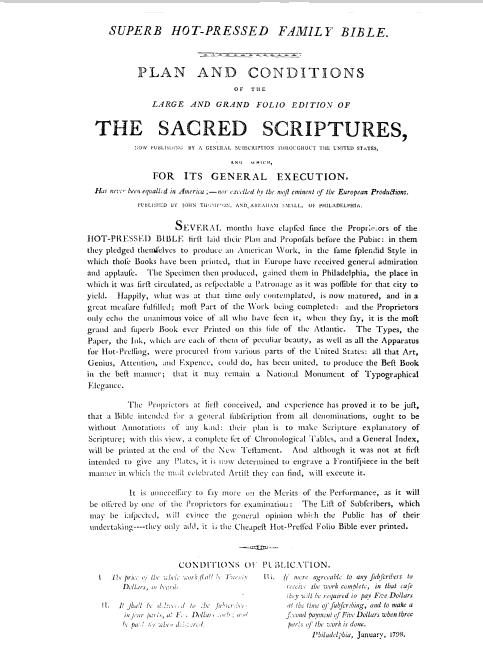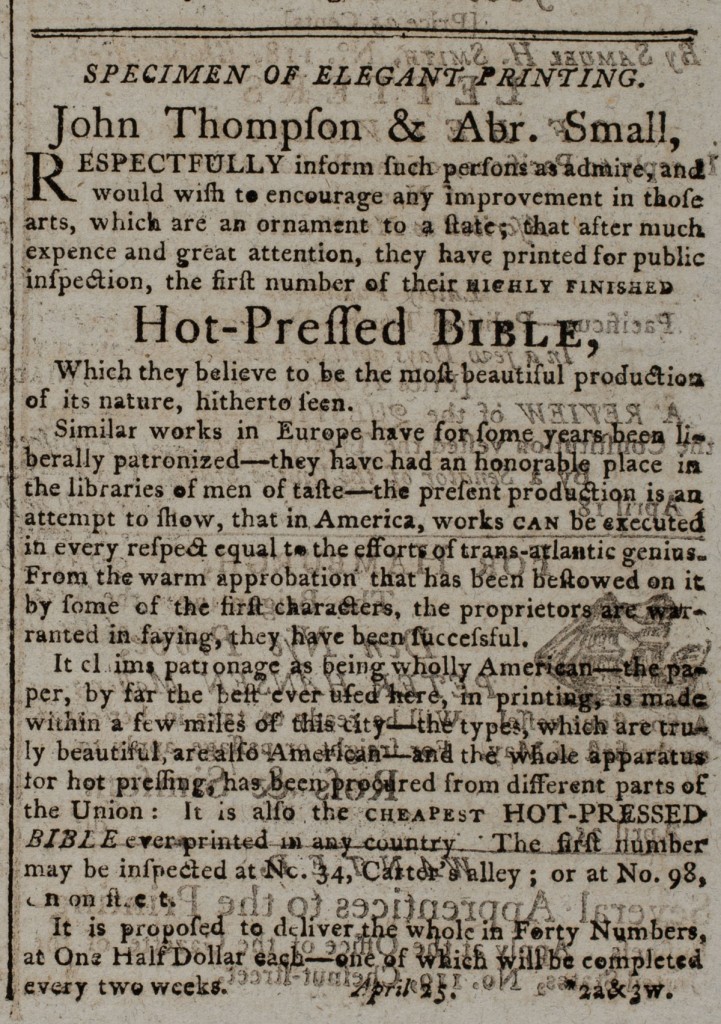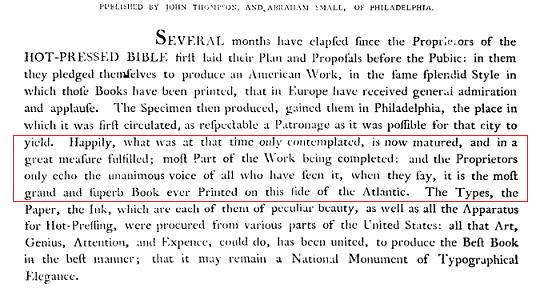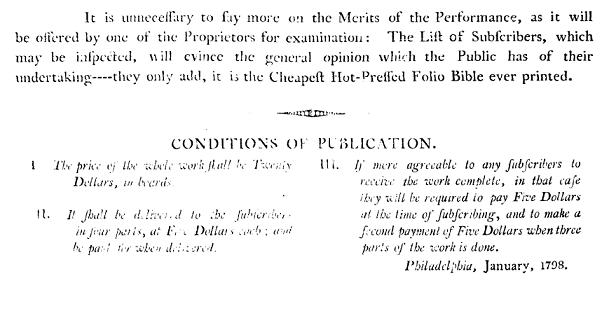I don’t know how large American Vision’s audience is but I suspect there is at least some overlap between David Barton’s Christian nation audience and American Vision’s Christian reconstruction constituency.
If so, this article today by Joel McDurmon could cause Mr. Barton some heartburn. Mr. McDurmon offers a devastating analysis of Barton’s chapter on Jefferson’s faith. He begins his critique by grounding it in his worldview:
In short, when we create a false reality of what a Christian and biblical society is or may be, we blind ourselves to the real changes and sacrifices we need to make. And in stretching the facts to create that false reality, we discredit ourselves and hand power and opportunity over to liberals to have free reign. But in the end, we have no one to blame but ourselves, because we have deceived ourselves, lied, and become complacent in the first place.
This is why I wish to offer an overview and partial critique of the important factual errors in Barton’s book. It is important that Christians see and understand the depth of these so they can have a true foundation from which to plan and to move forward.
While I have strong differences with Christian reconstructionism, I understand this starting point. We started in a similar place in our book. We did not write it to attack Christianity (as if fact checking Barton is an attack on Christianity), we wrote the book to uphold our faith. A little later in the article, McDurmon calls me a liberal (compared to McDurmon, most people are liberals). It is all the more striking that McDurmon and I come to similar conclusions about the factual problems with The Jefferson Lies. As with other evangelical figures and groups (Chuck Dunn, Colson’s Breakpoint, World magazine), no one can accuse McDurmon and American Vision of being liberal.
I encourage readers to review the entire article, but here is a taste of McDurmon’s analysis of the claim that Thomas Jefferson was theologically orthodox throughout most of his adult years:
Yet Barton selectively quotes [Benjamin] Rush to give just the opposite appearance of Jefferson’s views. Indeed, he uses this sole piece of butchered evidence to prove his claim that “for nearly every Christian doctrine that Jefferson called into question in his last fifteen years, there were times in his earlier sixty-eight years when he had embraced that very same doctrine as orthodox.”[10] As we have seen, this is utter nonsense, and is unsupported by anything Barton has presented. It is not clear by any means that Jefferson at any time in his life held orthodox Christian views. That anyone would claim otherwise, especially upon such terrible evidence, is a disservice to both historical scholarship and the Christian faith.
With all of these exaggerated and outright dishonest claims about Jefferson, there is indeed one thing about Barton’s book that is apt: its title, The Jefferson Lies. They abound not only from the “academic collectivists” and “deconstructionists,” but in this book as well.
As such, it is no surprise that when alerted, Thomas Nelson reacted as quickly as it did.
Bam! By which I mean, he nailed it.
McDurmon closes by telling his readers that he cannot recommend the book because they would need to fact check everything.
While a book like this needs to be written vindicating Jefferson from much liberal nonsense, the reader nonetheless will need to fact-check nearly every claim Barton makes for accuracy. And this is way too much to ask of the average reader. If that is to be the task, it would be better to skip Barton’s book altogether and go read all of Jefferson’s papers directly, because that what the reader will have to do eventually anyway.
Or you can get Getting Jefferson Right where we do the heavy lifting and point you in the right way.
This article is a significant shift for American Vision. Currently, they are hosting, with Kirk Cameron, a cruise featuring the movie Monumental which prominently features David Barton’s stories. If McDurmon submits Barton’s work in Monumental to the same scrutiny as he did to The Jefferson Lies in this article, then there will be a need for a disclaimer at the beginning and end of that movie.



